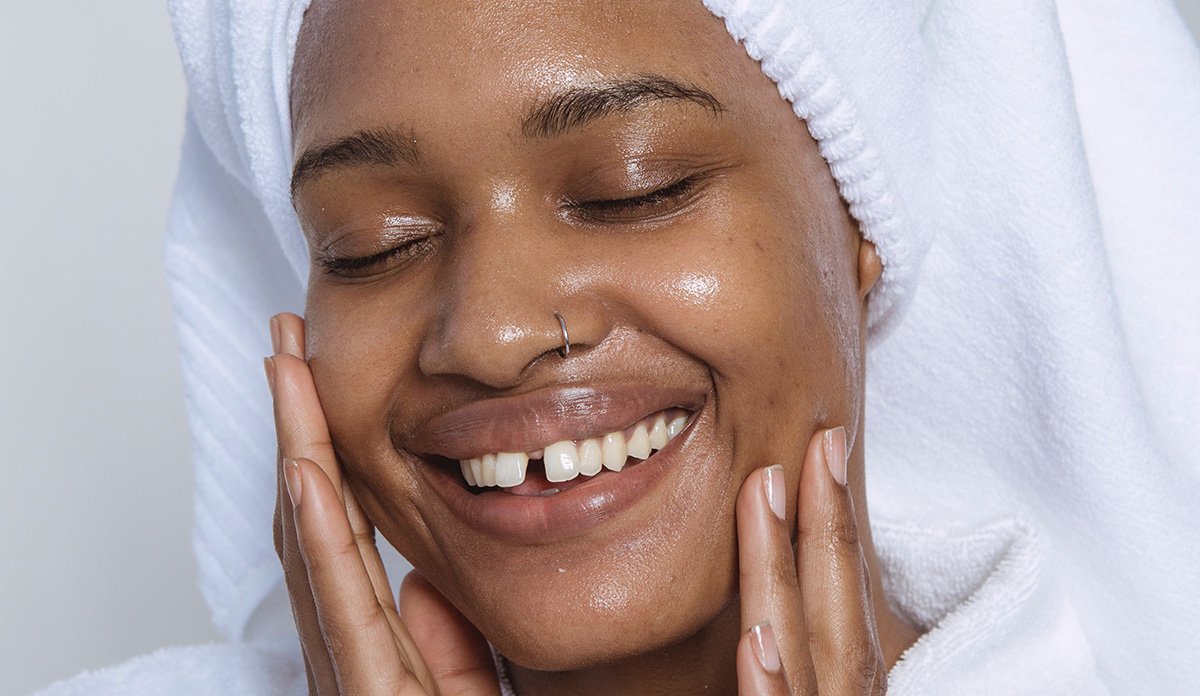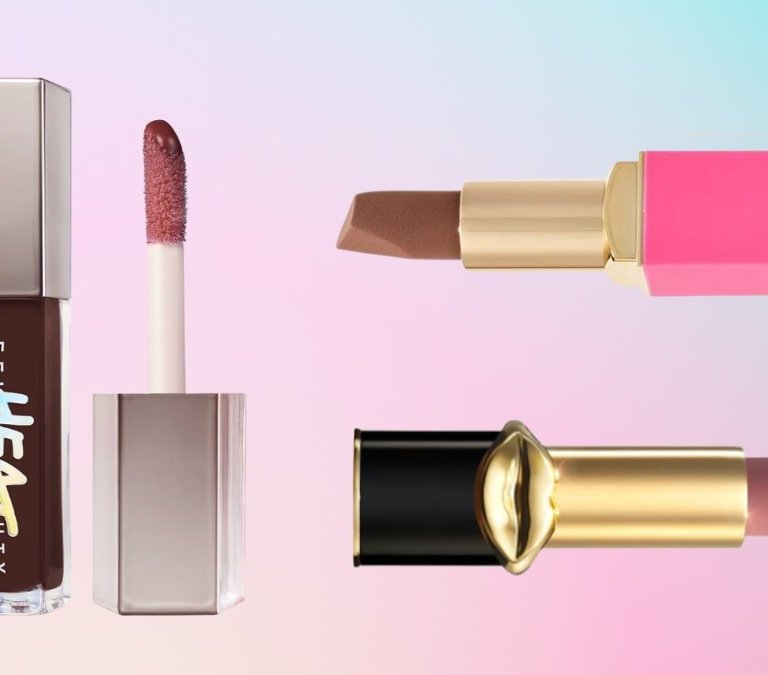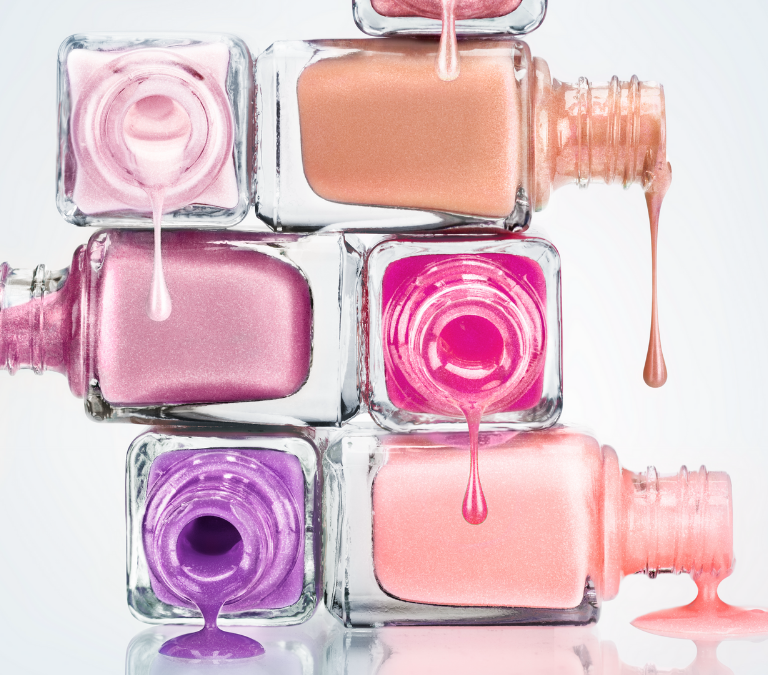
There are lots of ingredients that are rumored to be unsafe, toxic, or carcinogenic, and of course, parabens are considered one of them. Since many skincare and cosmetic products proudly display that they are “paraben-free”, it makes sense that you assume parabens are bad for your health. But, is this true, or is it just a marketing strategy?
To answer this, let’s talk about parabens and the scientific evidence behind them.
[SEE ALSO: Move Over Microblading Hyperrealism Brows Are Here]
Why are Parabens Considered Harmful?
Parabens are preservatives that are used in many personal care products. Because cosmetic products often contain water or active ingredients prone to deterioration by microorganisms, preservatives are added in small amounts to prevent or delay this degradation. They work by inhibiting microorganism growth through various mechanisms like disrupting microorganisms’ outer membranes and creating an unfavorable environment for their growth.
Parabens have gained a bad rep after a 2004 study found the presence of parabens in breast tumor tissue. This study reported that parabens were detected in tissue samples from human breast tumors in 19 out of 20 patients studied and suggested a link between parabens in underarm cosmetics and breast cancer. Super concerning, right?
However, subsequent research by other scientists raised concerns about the polemic result of the study. Some experts argued that the study couldn’t prove a direct link due to factors like small sample size, unclear paraben assimilation routes, and lack of analysis in normal tissue samples. Therefore, they concluded that the study did not have an appropriate control to compare the results with and cannot prove a direct link between parabens and breast cancer.
Size Matters
In toxicology, there is a principle of “the dose makes the poison”, which means that harmful chemicals are only harmful in high enough amounts. This varies depending on the chemical. For example, botulinus toxin (botox) is one of the most powerful poisons that exists and its use in cosmetics is safe only because of careful localization of application. What might kill you if put into your stomach can ease your wrinkles and fine lines.
So, when it comes to parabens, the Food and Drug Administration (FDA) states that there is not enough information to prove that parabens, at the beauty product concentration and as they are used in cosmetics, affect human health.
So, Parabens: To Use or Not to Use?
In conclusion, parabens have a very long history of safe use and they have successfully preserved thousands of cosmetics to keep them safe and fresh. The very few health effects they’ve been linked to so far are minor and the links are not supported by strong scientific evidence. Of course, it’s always worth keeping an eye on new research.
I hope this article has enhanced your understanding of preservatives and helps you in making informed choices when purchasing cosmetic products.
Do you read the labels of your skincare products? Let us know in the comments?



![396294-PCIO5B-531[1] The Anti-Aging Ingredient that Actually Works (and Strengthens Your Hair Too!)](https://reflectbeauty.com/wp-content/uploads/sites/14/2019/07/396294-PCIO5B-5311.jpg?resize=768,768)